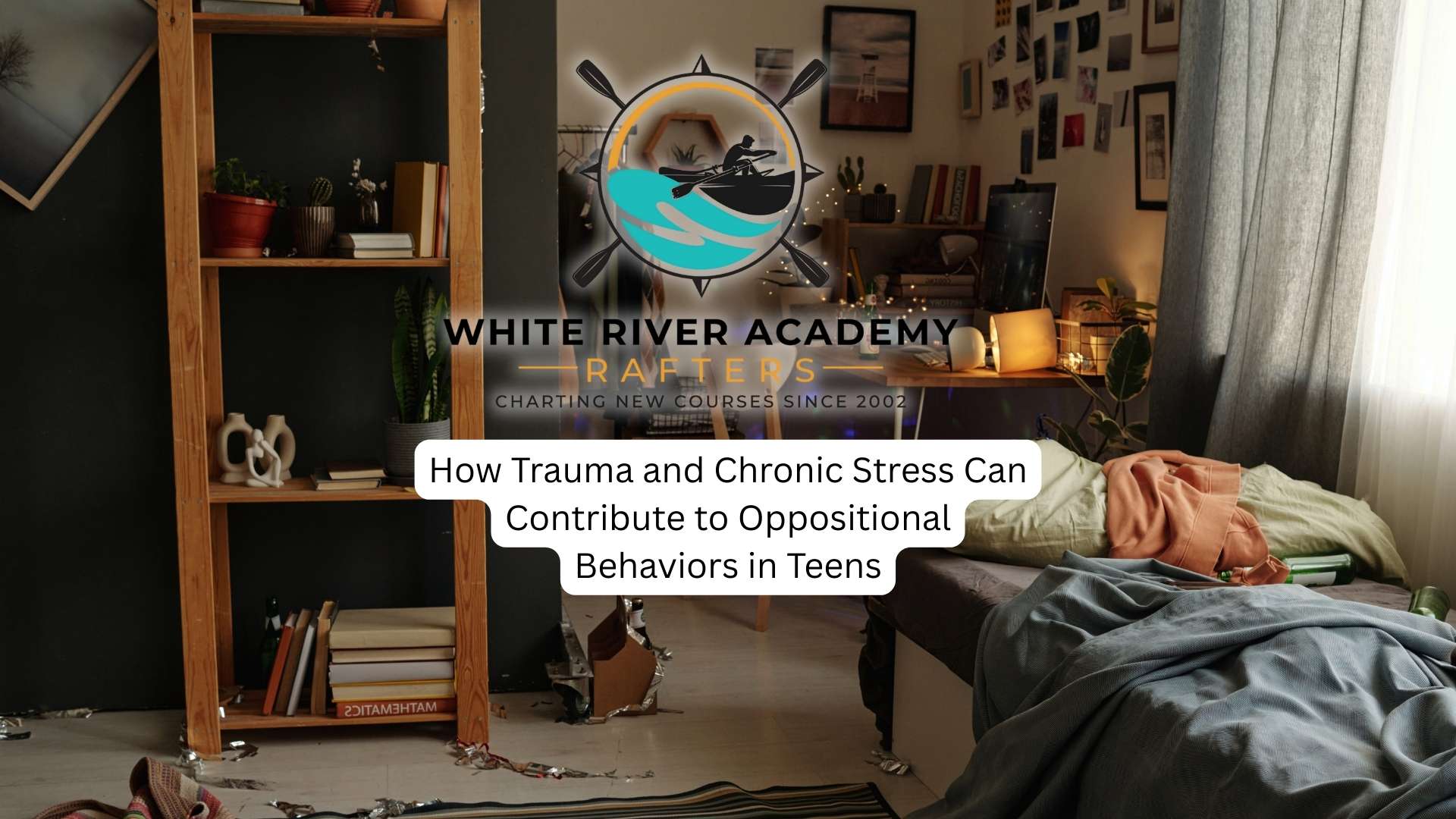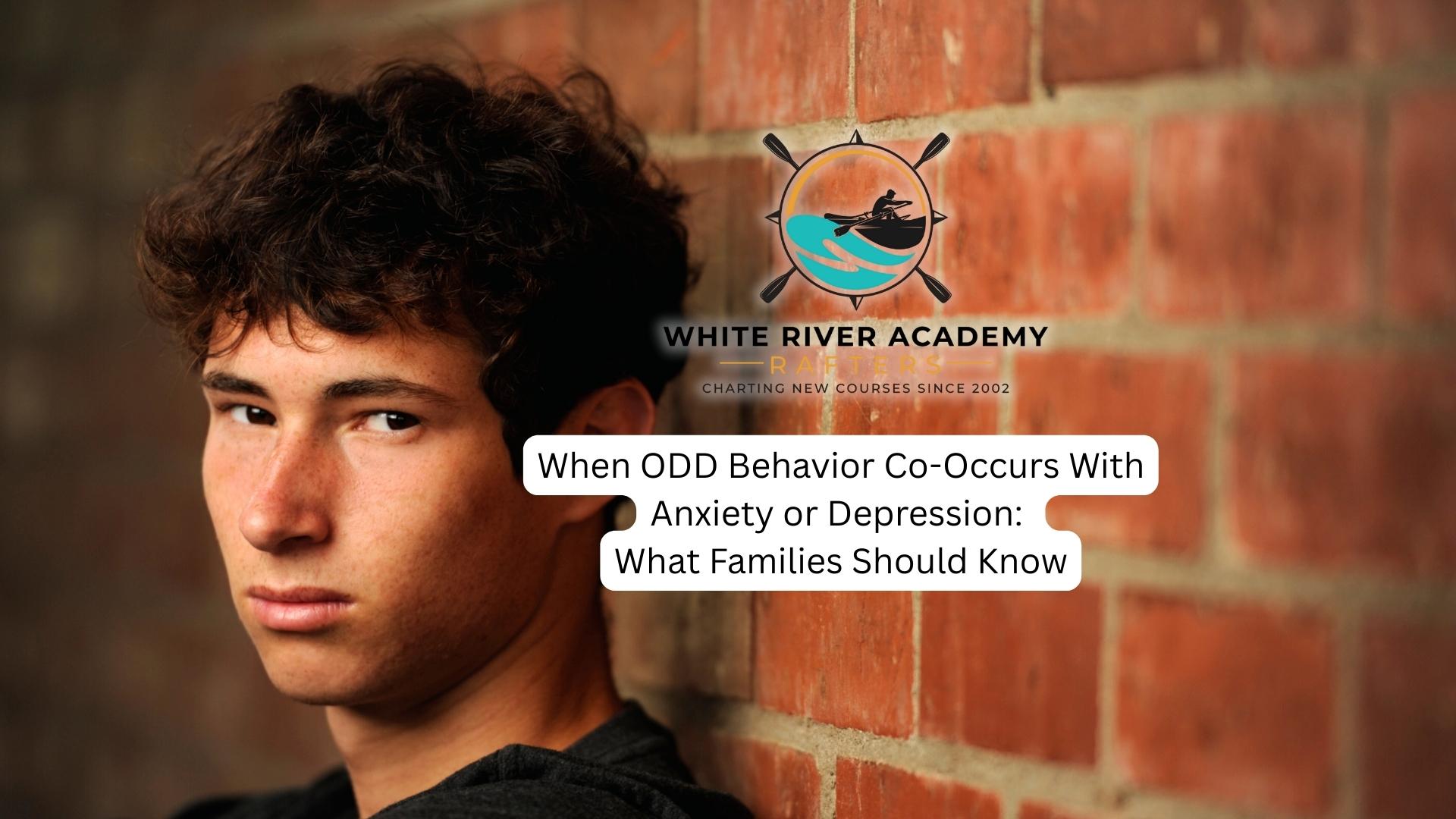The troubled teen industry refers to a network of residential treatment centers, therapeutic boarding schools, wilderness programs, and boot camps designed to help adolescents struggling with behavioral, emotional, or psychological challenges. This industry has grown significantly over the past few decades, often stepping in when traditional interventions fail.
Understanding this system is crucial for parents seeking safe and effective support for their teens.
Understanding the Origins of the Troubled Teen Industry
The troubled teen industry emerged in the late 20th century as a response to rising concerns about youth behavioral issues, substance abuse, and mental health disorders. It began with military-style boot camps and evolved into a broader system of care that includes therapeutic boarding schools and residential treatment centers. The industry now includes a wide range of programs claiming to help teens with issues such as defiance, depression, anxiety, trauma, addiction, and learning differences.
Private facilities across the United States operate independently or under larger behavioral health organizations. While many aim to offer structured care and therapy, the industry remains loosely regulated in some states, raising both interest and concern among families, mental health professionals, and advocacy groups. For parents seeking structured care, it’s important to search for reliable troubled teens programs that are transparent, accredited, and equipped to meet their child’s unique needs.
Common Features and Services Offered
Programs within the troubled teen industry vary widely in approach and structure. Some focus on intensive therapy and academic support, while others emphasize discipline, physical activity, or wilderness survival. Despite these differences, most share several core components:
- Structured daily routines: These help teens build consistency and reduce impulsivity.
- Therapeutic interventions: This may include individual therapy, group therapy, family therapy, and trauma-informed care.
- Education: Accredited academic instruction is often integrated to prevent students from falling behind in school.
- Life skills development: Programs may include service projects, chores, or leadership training to encourage responsibility and independence.
Many facilities cater to specific diagnoses or behavioral profiles. For example, some specialize in treating co-occurring mental health disorders, while others are designed for youth with substance use issues or digital addiction. The variation in focus underscores the importance of choosing a program that aligns with the teen’s unique needs.

Oversight, Regulation, and Public Scrutiny
One of the most controversial aspects of the troubled teen industry is the lack of consistent oversight. While some states have licensing requirements and inspection protocols, others allow facilities to operate with minimal regulation. This patchwork system has led to inconsistent standards of care and, in some cases, serious allegations of abuse or neglect.
Over the years, media investigations, government hearings, and survivor accounts have brought public attention to the darker side of the industry. Reports of excessive discipline, psychological harm, and poor living conditions have sparked calls for reform. In response, advocacy groups and lawmakers have pushed for greater transparency, independent monitoring, and federal legislation to protect vulnerable youth.
Despite these challenges, many reputable programs do exist, and they play a critical role in helping families manage complex adolescent issues. Accreditation by organizations like The Joint Commission or CARF, as well as transparent policies and qualified clinical staff, are strong indicators of a program’s commitment to ethical care.
The Importance of Evidence-Based, Trauma-Informed Care
Effective adolescent treatment should be rooted in clinical expertise and evidence-based practices. This includes therapeutic models like Cognitive Behavioral Therapy (CBT), EMDR for trauma, and family systems approaches that recognize the critical role of family in healing. Programs should have licensed therapists, medical oversight, and a commitment to safety and ethical standards.
Trauma-informed care is particularly important in this context. Many teens entering residential programs have experienced trauma, whether from family dysfunction, abuse, or other adverse childhood experiences. Programs that do not account for this can inadvertently retraumatize youth, leading to worsened outcomes. Conversely, trauma-informed programs create environments of trust, empowerment, and healing.
What Parents Should Look For in a Program
When evaluating a residential program for a struggling teen, it is crucial for families to ask detailed questions and conduct thorough research. Transparency is key. Parents should look for programs that employ licensed therapists, have clear safety protocols, and offer individualized care. Accreditation and licensing are non-negotiable indicators of legitimacy.
It’s also important to consider the program’s philosophy. Does it prioritize punishment or growth? Are students involved in their own treatment planning? Is family involvement encouraged and supported? These questions can help families make informed decisions and avoid placing their child in a potentially harmful setting.
Check out our guide on How to choose a boarding school for your children.
Final Thoughts from White River Academy
As a long-standing residential treatment center for adolescent boys, White River Academy is committed to ethical, individualized, and evidence-based care in Utah. We recognize the concerns that families may have when considering the troubled teen industry, which is why we focus on transparency, safety, and family involvement at every stage of the treatment process. Our goal is not just to stabilize behavior, but to foster long-term healing, purpose, and growth.




